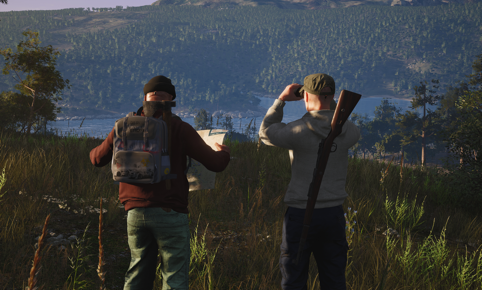Presented by Intel
A typical survival sandbox might simulate things like hunger and thirst, and maybe require players to search for shelter and stay warm, but SCUM, a survival game set on a prison island that’s been turned into a game show, takes this one step further. And then another step. And then a few more, until it’s reached a new zip code.

Unlock premium content and VIP community perks with GB M A X!
Join now to enjoy our free and premium membership perks.
![]()

![]()